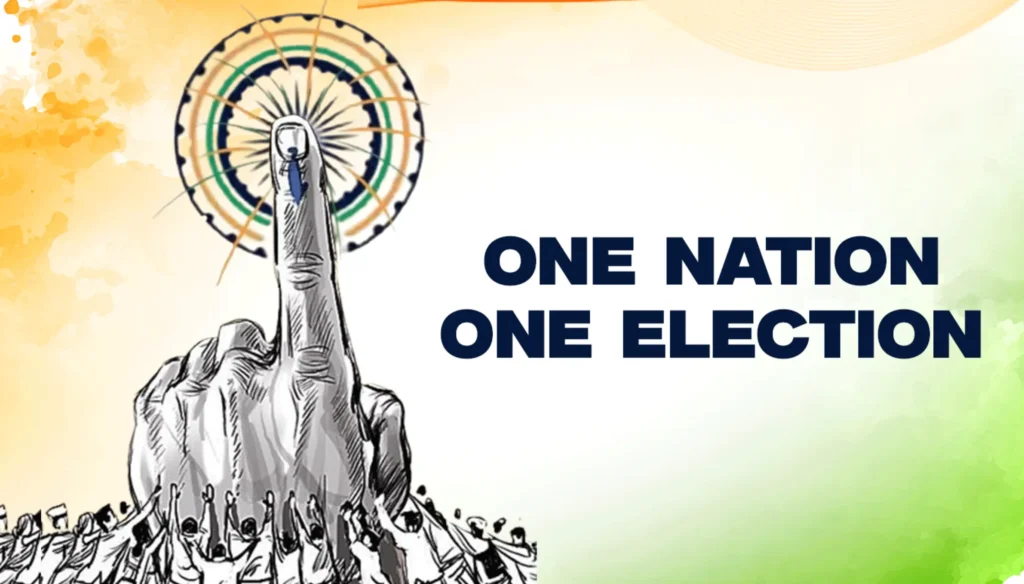The central government is actively working on bringing the much-discussed ‘One Nation, One Election’ (ONOP) bill, which may be introduced during the ongoing winter session of Parliament. While the Union Cabinet is yet to approve the legislation, sources confirm the government’s strong intent to move forward with this reform.
If the bill is not introduced during the current session, sources indicate it will likely come up during the upcoming budget session. Once tabled, the ONOP bill is expected to be referred to a joint parliamentary committee (JPC) for wider consultation. The JPC will engage with state governments, political parties, state assembly speakers, and various stakeholders from different sectors. This approach mirrors the process followed for the Waqf Amendment Bill.
The proposal seeks to amend the Constitution, requiring a two-thirds majority in both the Lok Sabha and Rajya Sabha. Currently, the ruling government does not have the necessary numbers in Parliament, which poses a significant challenge.
‘One Nation, One Election’ aims to synchronize Lok Sabha and state assembly elections across the country. The government argues that this reform will significantly reduce election expenses, simplify logistics, and improve the overall voting process. The idea has been under discussion for years, with a high-level committee led by former President Ram Nath Kovind submitting its recommendations earlier this year.
The Kovind committee suggested implementing ONOP in two phases. In the first phase, Lok Sabha and assembly polls would be held together. The second phase would involve local body elections (panchayats and municipalities) within 100 days of the general elections. Additionally, the committee proposed a common electoral roll and the creation of an implementation group to oversee the process.
Prime Minister Narendra Modi has been a vocal supporter of this reform, emphasizing its potential to allow governments to focus on governance rather than frequent elections. The BJP and its allies, including Telugu Desam Party leader Chandrababu Naidu, strongly back the proposal, with Home Minister Amit Shah reiterating that ONOP will be a reality before the 2029 general elections.
While discussions with some political parties have begun, major opposition parties like the Congress have yet to be formally engaged. The government appears focused on building a consensus before introducing the bill, ensuring that this landmark reform garners widespread support.

